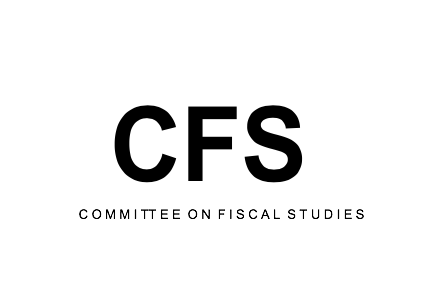TAX BASE EROSION AND CORPORATE PROFIT SHIFTING: AFRICA IN INTERNATIONAL COMPARATIVE PERSPECTIVE
Abstract
Each year, base erosion and profit shifting cost governments worldwide between US$100bn and US$600bn, which undermines financing for development and deepens inequality. This article examines how African nations in comparison to other countries contribute to and counter base erosion and profit shifting by multinational companies through analysis of the lowest available corporate income tax rates, tax exemptions, transparency provisions, anti-avoidance measures, and double tax treaty networks. To do this, the article draws on the ≥’/Corporate Tax Haven Index dataset produced by the Tax Justice Network in 2019, in which the legal framework and practices of 64 jurisdictions including nine African countries are assessed to measure the risks of tax avoidance, base erosion and profit shifting, profit misalignment, and the race to the bottom in corporate income taxation. The findings show that, on average, African countries contribute much less to the problem of tax avoidance than EU and OECD member states and their dependencies. In contrast, however, African countries offer more profit-based tax incentives, including tax holidays and economic zones, in a bid to attract foreign direct investment but often with unintended consequences. Further, transparency and anti-avoidance measures are not as robust in African countries as in the EU and OECD, which signals space for policy improvements to curb corporate tax abuse. The Corporate Tax Haven Index also reveals the distortions introduced in academic studies and development policy that rely on the highest statutory corporate tax rates and disregard reductions that may be extended to a company based on the business size, sector, location, or other factors.



